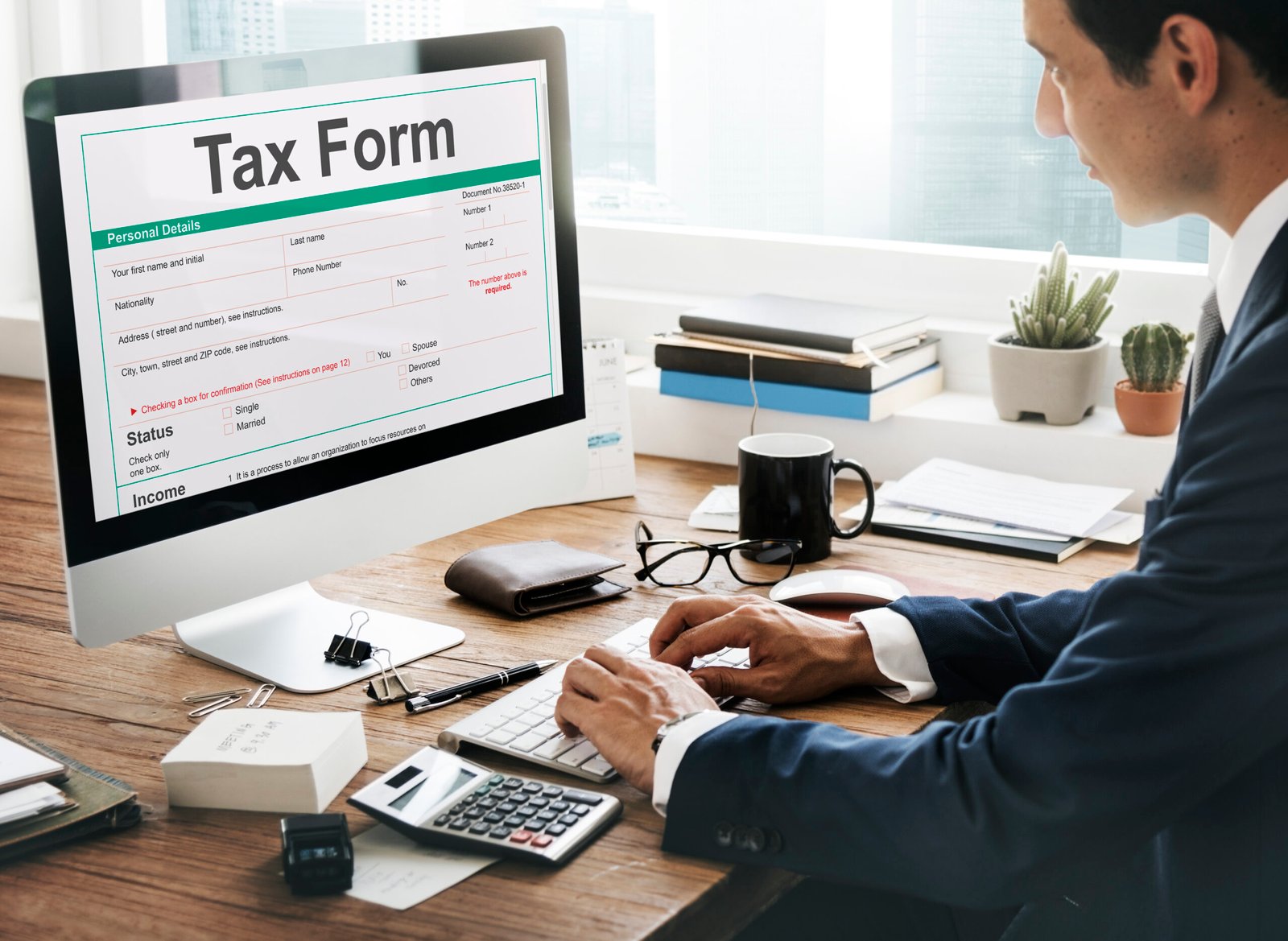As tax season looms on the horizon, the intricate dance of tax preparation can seem like an insurmountable task for many individuals and businesses alike. With complex regulations, endless paperwork, and the fear of making costly mistakes, it’s no wonder many of us dread the tax season. But what if there was a more efficient way to tackle this daunting task?
Enter the solution: outsourcing your tax preparation. This simply means entrusting your tax needs to a professional who has the knowledge and expertise to navigate the labyrinth of tax laws and regulations. Not only does this save you valuable time that can be better spent on other aspects of your life or business, but it also minimises the risk of errors that could lead to penalties or missed tax savings.
But it doesn’t stop there. A seasoned tax professional can help identify potential savings that you may not have been aware of. They have a deep understanding of the tax system and are constantly on top of changes in tax laws, which means they can provide strategic advice to keep your tax bill as low as possible.
So, as the tax season approaches, take a moment to consider outsourcing your tax preparation. It’s not just about handing over a task to someone else; it’s about acquiring peace of mind, knowing that your taxes are in capable hands. The benefits far outweigh the costs, making it a smart move for both individuals and businesses. It’s your ticket to navigating the tax season with ease.
Assess Your Tax Needs
The first step in outsourcing your tax preparation is to assess your tax needs. This involves understanding your income sources, deductions, tax credits, and potential liabilities. By having a clear understanding of your tax situation, you’ll be better equipped to choose a tax professional who can meet your specific needs.
Research Tax Professionals
Once you’ve assessed your tax needs, the next step is to research tax professionals. Look for professionals who have expertise in your specific tax situation, such as self-employment taxes or international tax law. Be sure to check their qualifications, reviews, and reputation in the industry.
Initial Consultation
Before deciding on a tax professional, schedule an initial consultation. This is your opportunity to ask questions, discuss your tax needs, and get a feel for their work style. You’ll want to choose a professional who is responsive, knowledgeable, and makes you feel comfortable.
Discuss Fees and Payment
Before proceeding with the tax preparation process, discuss the fees and payment terms. The cost can vary significantly depending on the complexity of your tax situation. Understanding the cost up-front can help you budget accordingly and avoid surprises down the road.
Data Collection
Once you’ve selected a tax professional, they’ll begin the process of data collection. This involves gathering all necessary tax documents, such as W-2s, 1099s, and receipts for deductions. Accurate data collection is crucial for a smooth tax preparation process.
Authorization and Privacy
Before your tax professional can start preparing your taxes, you’ll need to authorize them to act on your behalf with the IRS. Also, discuss the measures they take to ensure your privacy and data security.
Collaboration and Communication
Throughout the tax preparation process, maintain open communication with your tax professional. They should keep you informed of their progress, any issues they encounter, and any additional information they need from you.

Review and Finalization
Once your tax professional has prepared your tax return, review it carefully. Make sure all information is accurate and complete. If you have any questions or concerns, discuss them with your tax professional before finalizing the return.
Filing and Submission
After you’ve reviewed and approved your tax return, it’s time for filing and submission. Your tax professional can e-file your return, ensuring it gets to the IRS quickly and securely.
Ongoing Relationship
The end of the tax season doesn’t mean the end of your relationship with your tax professional. They can provide year-round tax advice and help you plan for the next tax season.
Review Service Agreement
Before you begin a new tax year, review your service agreement with your tax professional. Make sure you understand the terms of the agreement, and don’t hesitate to ask for clarification if needed.
Conclusion
Outsourcing your tax preparation can be a smart move, saving you time and stress while ensuring accuracy and compliance. By following this step-by-step guide, you can navigate the tax season with confidence, knowing that your tax needs are in capable hands.




